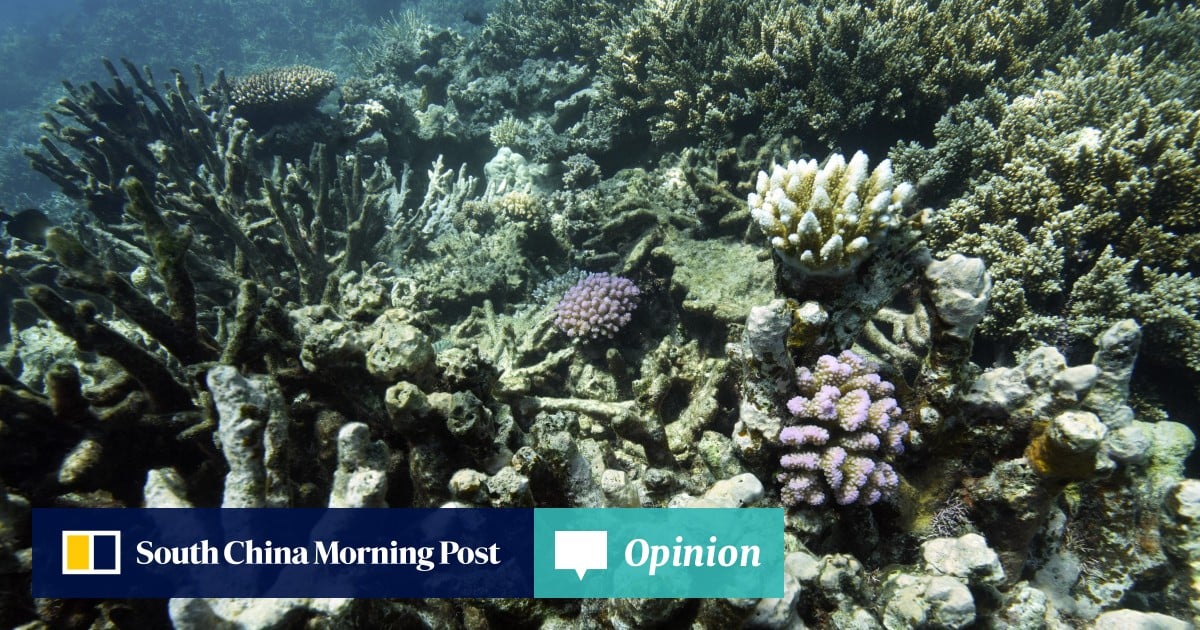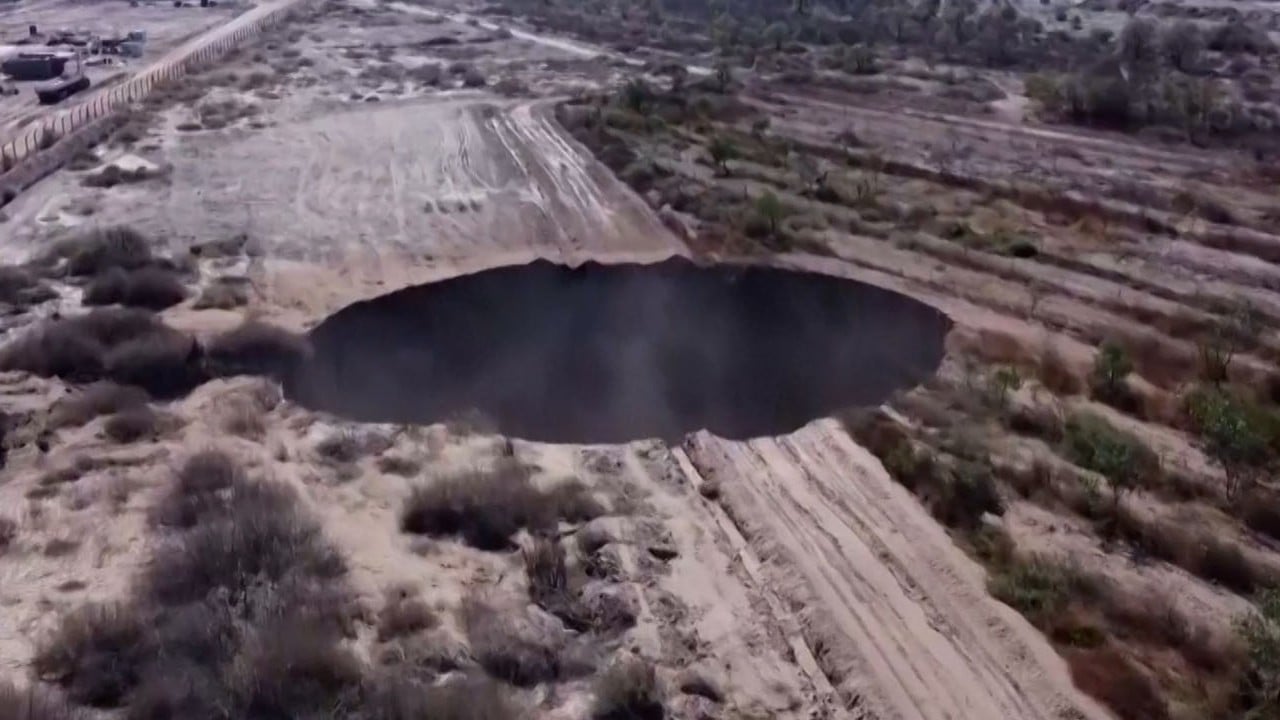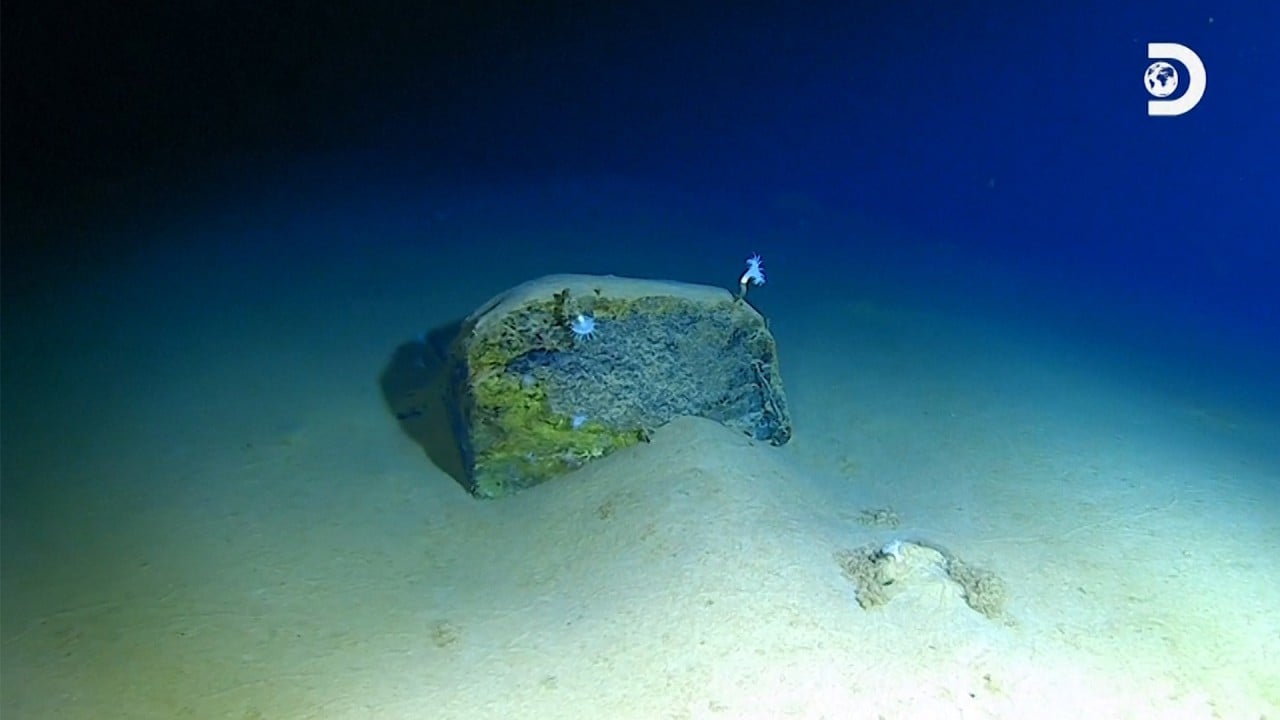Greenpeace environmental campaigners this weekend face the prospect of being kicked out of the International Seabed Authority (ISA) meeting currently being held in Jamaica. According to Michael Lodge, ISA secretary general, their protests around an exploration vessel posed “a serious threat … to the marine environment”.
The row is over deep-sea mining. The offended party is the Vancouver-based The Metals Company (TMC), as it lobbies the authority to be allowed to start mining for potato-sized polymetallic nodules that litter the Pacific seabed in their millions in what is called the Clarion-Clipperton zone, lying between Hawaii and Mexico.
TMC complained that Greenpeace activists disrupted one of its research expeditions when they boarded its vessel. Greenpeace campaigner Louisa Casson is indignant: “If Michael Lodge had put as much effort into properly scrutinising deep-sea mining companies and ensuring transparent negotiations as he has chasing dissent, a pristine ecosystem would have a fair chance to remain undisturbed,” he said.
For some, this may seem like a storm in a teacup, but for both the obscure ISA and environmentalists, the stakes run high. Greenpeace calls the Jamaica meeting, which finishes on March 29, “a critical moment for the future of the oceans”.
Deposits, rich in cobalt, nickel, copper and magnesium, were built up on the deep ocean floor 4km-6km below the surface over millions of years. The Clarion-Clipperton zone alone covers 4.5 million sq km, and may be home to 21 billion tonnes of polymetallic nodules – more cobalt and nickel than all the world’s terrestrial mines combined. Estimates put the gross value of these deep-sea resources at between US$8 trillion and US$16 trillion.
But environmentalists are pushing back. The abyssal plain that covers 40 per cent of the Earth’s surface (land covers about 29 per cent), provides the bedrock of the benthic ecosystem that is still largely unknown to science.
While mining companies might assume that these cold dark depths are empty of life, researchers have found “significant undescribed biodiversity … at deep taxonomic levels”.
Opponents to deep-sea mining say our ignorance alone demands extreme caution. They argue that disturbing the seabed and raising tonnes of sediment could at the simplest level clog the gills of fish and suffocate coral.
It could also release toxic and potentially radioactive minerals into the open ocean and disturb vast reservoirs of stored carbon dioxide. The French National Centre for Scientific Research’s CNRS News noted that “one of the greatest fears scientists have … is that ecosystems will be wiped out before they have even been discovered”.
Even TMC, in a Securities and Exchange Commission filing in 2022, conceded that operations “are certain to disturb wildlife in the operating area”, adding: “The nature and severity of these impacts … are expected to vary by species and are currently subject to significant uncertainty.”
It said that such effects “may never be completely and definitively known. … It is also currently not definitively known how the risk of biodiversity loss in the CCZ could be eliminated or reduced through mitigation strategies or how long it will take for disturbed seabed areas to recover naturally.”
The ISA is nervously aware of its statutory obligation to ensure the world’s international waters remain “the common heritage of mankind”, and that exploitation “shall … be carried out for the benefit of mankind as a whole” – constraints not dissimilar from those on the exploration of space, or the Arctic and Antarctic. A 225-page working draft of regulations on exploitation of mineral resources was tabled in February, and is being discussed at the Jamaica meeting.
UN must take lead to curb damage from deep-sea mining frenzy
UN must take lead to curb damage from deep-sea mining frenzy
The ISA’s problem is that 24 countries are currently demanding a moratorium on deep-sea mining. It plans to finalise the rules in July. Until then, the miners will probably have to wait.
One irony is that, for these negotiations, the US is not in the room. It has not signed the United Nations Convention on the Law of the Sea to which the ISA answers, and so has no voice. This has nevertheless not prevented mounting pressure from the US security establishment to ensure “the ability to source critical minerals in innovative areas to decrease reliance on sources from foreign adversaries”. At present, it is confined to looking at seabed mining inside its territorial waters.
By the time you read this, it is possible that Greenpeace will have been booted out of the ISA negotiations. However, one can’t help but think that the threat to our deep oceans sits more inside the room than out.
David Dodwell is CEO of the trade policy and international relations consultancy Strategic Access, focused on developments and challenges facing the Asia-Pacific over the past four decades



